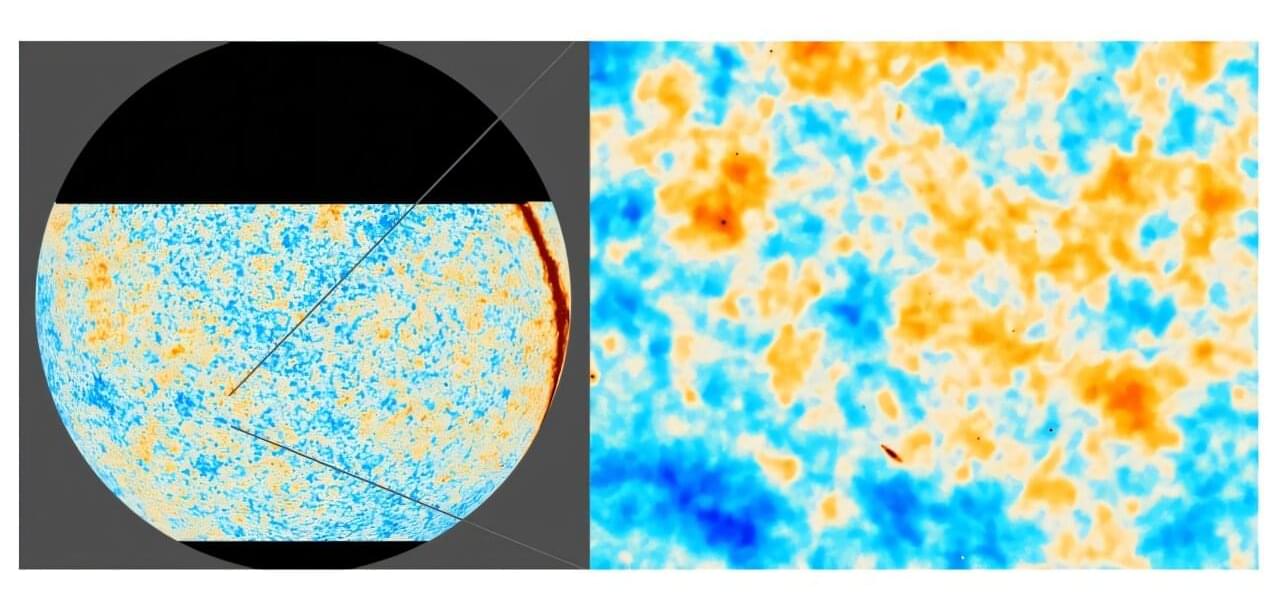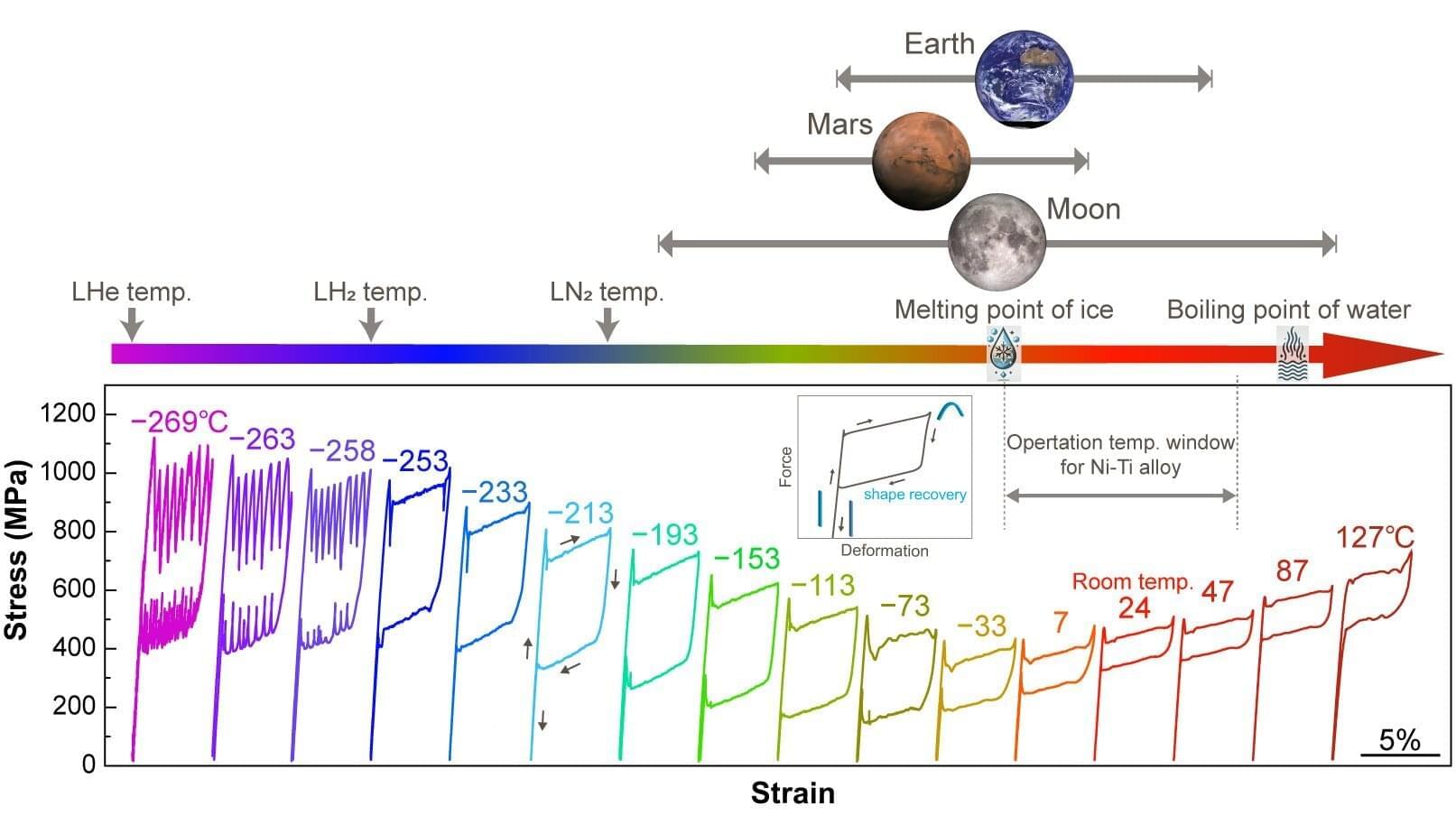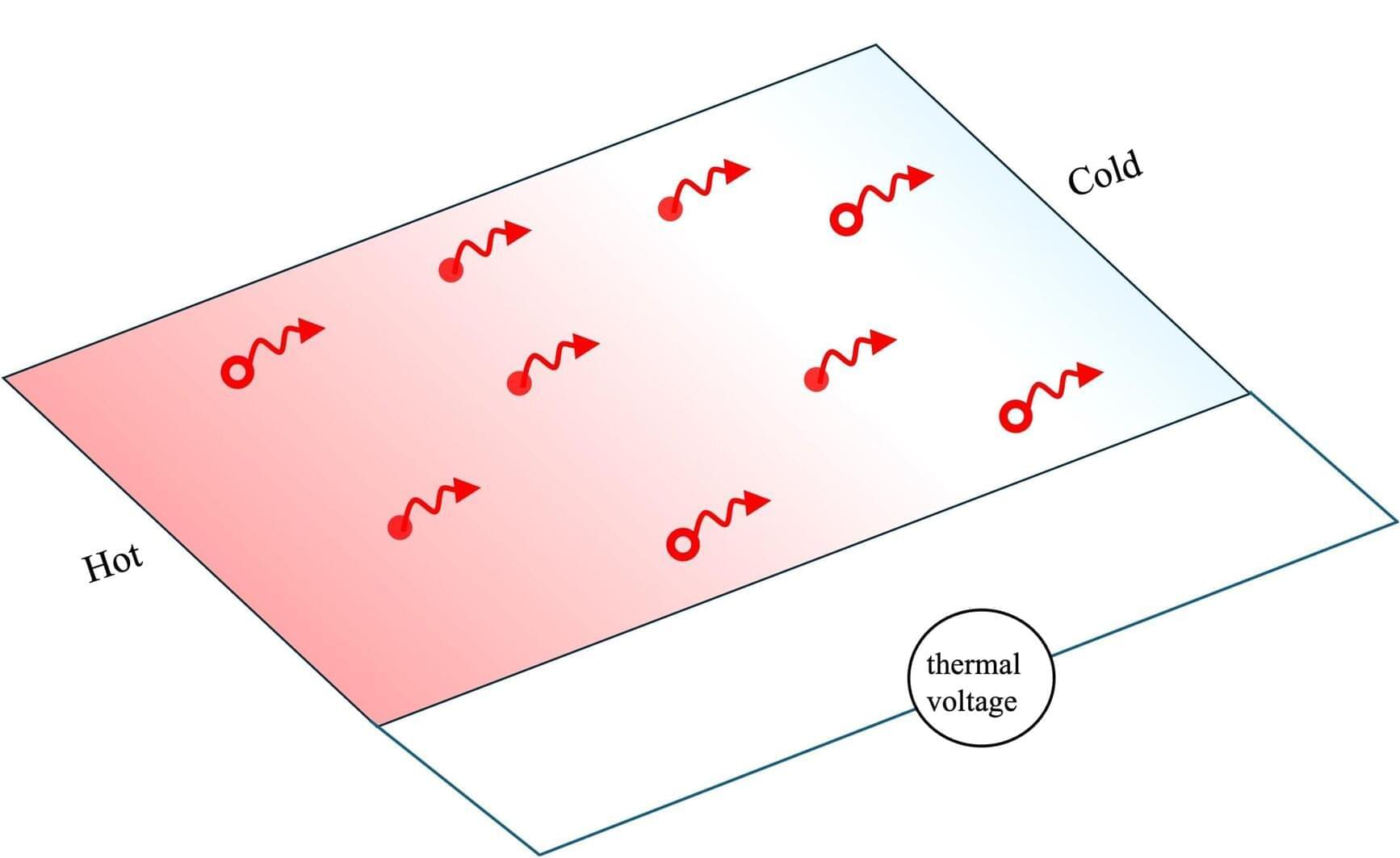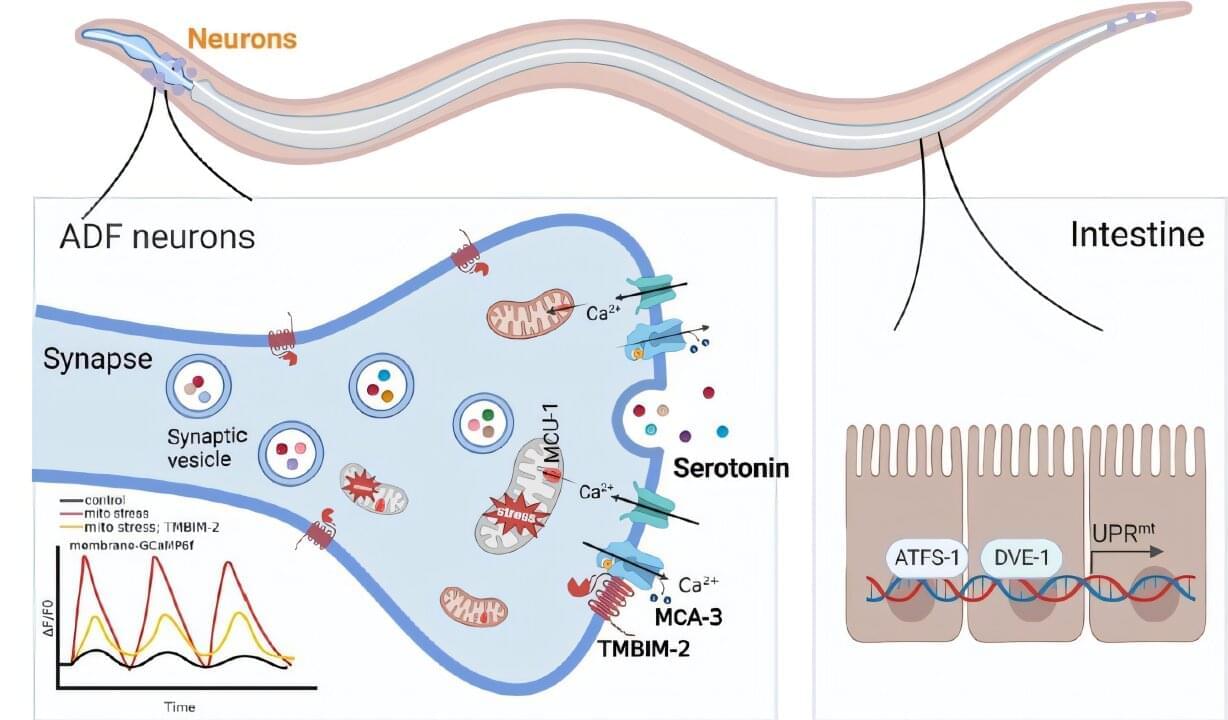Quantum computers have recently demonstrated an intriguing form of self-analysis: the ability to detect properties of their own quantum state—specifically, their entanglement— without collapsing the wave function (Entangled in self-discovery: Quantum computers analyze their own entanglement | ScienceDaily) (Quantum Computers Self-Analyze Entanglement With Novel Algorithm). In other words, a quantum system can perform a kind of introspection by measuring global entanglement nonlocally, preserving its coherent state. This development has been likened to a “journey of self-discovery” for quantum machines (Entangled in self-discovery: Quantum computers analyze their own entanglement | ScienceDaily), inviting comparisons to the self-monitoring and internal awareness associated with human consciousness.
How might a quantum system’s capacity for self-measurement relate to models of functional consciousness?
Key features of consciousness—like the integration of information from many parts, internal self-monitoring of states, and adaptive decision-making—find intriguing parallels in quantum phenomena like entanglement, superposition, and observer-dependent measurement.








